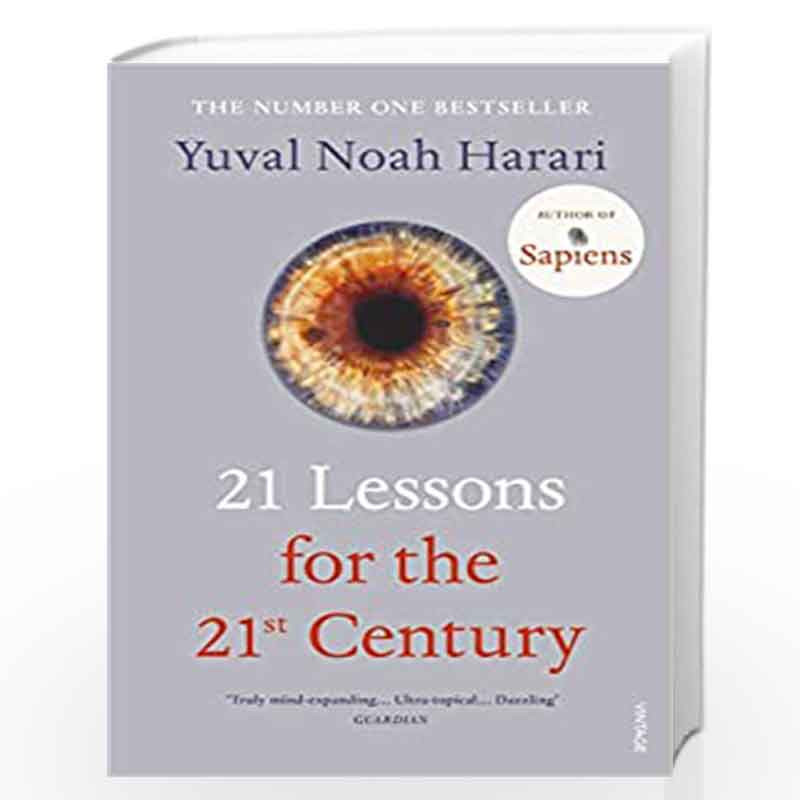

Overall, "21 Lessons for the 21st Century" provides a thorough examination of some of the most pressing topics that the human race is currently grappling with. However, he also acknowledges that religion can offer comfort and support to those who need it, and that it has played an important role in shaping human culture and history. Instead, Harari advocates for secularism, which he believes can provide a basis for ethics and morality without the need for religion. Thoughts on religion: Lastly, He also contends that religion has no answers to life's important questions, such as the meaning of existence or the purpose of human life. Harari highlights the dangers of misinformation and the need for individuals to develop critical thinking skills to evaluate the information they receive. He argues that while there is such a thing as objective reality, our understanding of it is shaped by cultural and historical factors. The Nature of Truth: Harari further delves into the nature of truth and the challenges of finding reliable sources of information in the digital age. All in all, he highlights the importance of regulating technology and ensuring that its benefits are distributed equitably. Additionally, AI may also pose significant ethical and philosophical challenges, including questions about the nature of consciousness and free will.

Harari has expressed concerns about the potential negative consequences of AI, including the potential loss of jobs and the concentration of wealth and power in the hands of a small group of individuals or organisations. Impact of Technology on Jobs and Privacy: Harari argues that while technology has the potential to create new opportunities and solve problems, it also poses significant risks to jobs, privacy, and social stability. Instead of believing that my nation is unique, which is true all nations, I might begin feeling that my nation is supreme. There is nothing wrong with benign patriotism. The problem, Harari warns, starts when benign patriotism morphs into chauvinistic ultra-nationalism. He argues that nationalism is driven by cultural and historical identity, but warns that it can lead to dangerous divisions and conflicts. The Rise of Nationalism: In the book, Yuval Noah Harari explores the rise of nationalism and its impact on global politics. Harari, a historian and philosopher, offers insights and analyses on a wide range of topics, from politics and technology to religion and immigration. I recently finished reading 21 Lessons for the 21st Century" by Yuval Noah Harari, which is a thought-provoking book that challenges readers to consider the complex issues facing society in the 21st century. "In a world deluged by irrelevant information, clarity is power."


 0 kommentar(er)
0 kommentar(er)
